November 9, 2020 Leave a Comment
With 10th November being World Immunization Day, we’re looking at busting some common Vaccination Myths and Misconceptions. Read, learn and share!
We’re heading towards the end of the year, and we’re still dealing with COVID-19. I admit, I didn’t think it would last this long when the pandemic first came to Indian in January. Whew, it’s been so long and with no end in sight!
Going by what all experts say, we don’t have a choice but to stay safe and prevent infection at least till the vaccine is available to everyone. Since vaccines take a long time usually, we can’t predict when that will happen.
But there’s one thing we can predict – the opinions of anti-vaxxers.
Anti-vaxxers are people who refuse to be vaccinated, or to vaccinate their children against contagious diseases. They are found in every country, of all religions and races, and have been there since the time vaccines were invented.
This is in spite of established facts that vaccinations prevent 2-3 million deaths across the world every year. There are many reasons people distrust vaccines, and since 10th November is World Immunization Day, I’ve decided to tackle some common vaccination myths and misconceptions anti-vaxxers have.
Vaccination Myths and Misconceptions – Busted!
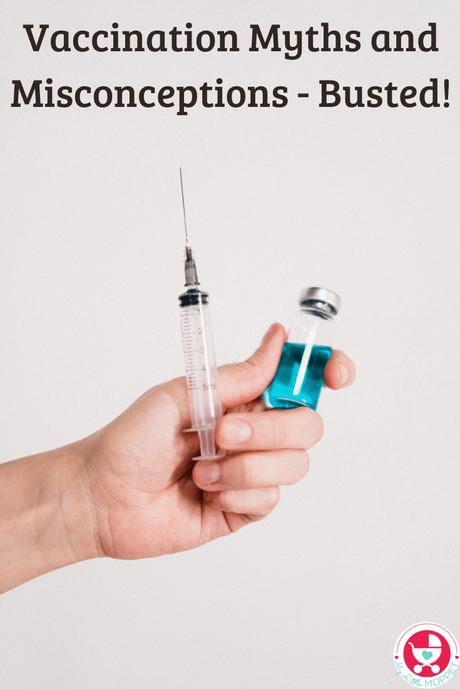
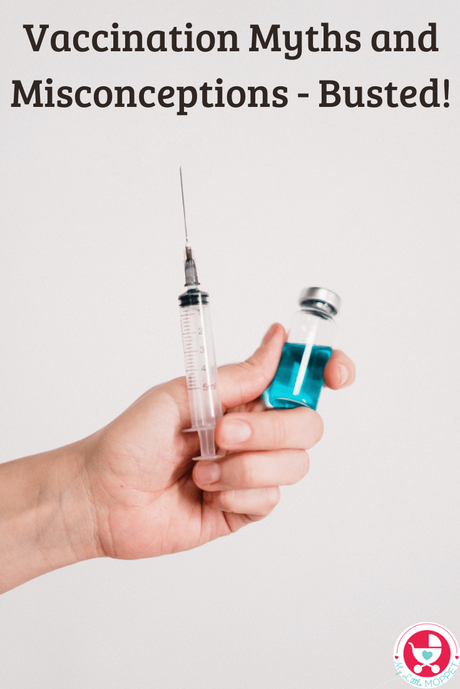
Vaccines cause autism. There’s research to prove it.
That research is based on an article published in the Lancet in 1998, linking the MMR vaccine to autism. Let me explain what happened in that case.
Andrew Wakefield, who was then a surgeon in Britain, published this study along with 12 of his colleagues. This study created an uproar, and other experts decided to do more research to see if this was indeed true. Not one of them was able to corroborate the results of this study, and soon Wakefield’s co-authors themselves withdrew from the study.
The British General Medical Council conducted an investigation and found that the study was dishonest, misleading and unethical. As a result, Wakefield was struck off the medical register and he lost his license to practice medicine. So that’s the story of that ‘study’.
Vaccines will undermine the body’s immune system. We should leave it to the body to fight infections naturally.
A vaccine works with the body’s immune system; it does not bypass it. Our immune systems have a natural ability to fight many illnesses, and it tends to remember its enemies.
Once your immune system is exposed to a vaccine for a disease, it triggers the production of antibodies against that particular illness. So the next time you are exposed to that pathogen, the immune system is ready – it has seen it before. The immune system fights the pathogen before it has a chance to make you sick.
Isn’t this a free country? It’s my choice whether I want to immunize my child or not. Why are other people interfering in my personal decisions?
It isn’t that simple. First of all, the WHO states that immunization is ‘an indisputable human right’. By deciding not to vaccinate your children, you are depriving them of a fundamental right. Look at Benjamin Franklin; for all his scientific temper, he was worried about giving his son the smallpox vaccine, and as a result, the 4 year old died from small pox in 1736.
When a person in a community gets vaccinated against a disease, they are less likely to get the illness and also to transmit it to others. As more people in the community get vaccinated, the spread of the disease becomes severely limited, as it has nowhere to go, eventually getting eradicated from the community altogether.
However, by choosing not to vaccinate, you are disturbing this flow and are putting not only yourself or your children, but the entire society at risk. This is what is happening in parts of the world where anti-vaxxers are deciding not to participate in immunization programs.
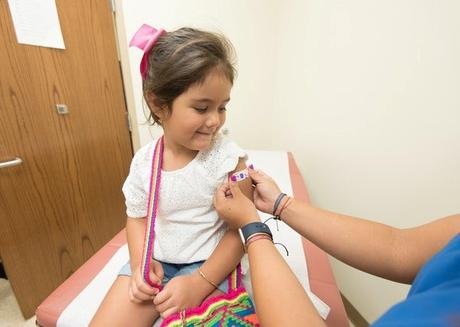
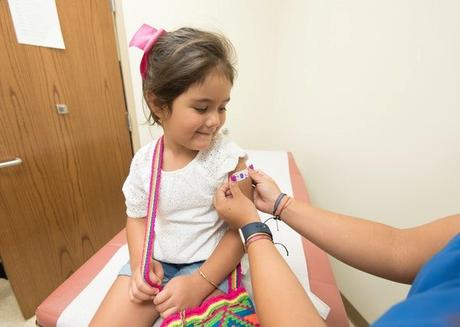
I don’t trust modern medicine. I’d much rather use a natural, more holistic way of dealing with illnesses.
If you’re having trouble sleeping, you can have a sleeping pill, which is a drug formulated with chemicals and sold at the chemist. If you’d rather skip the OTC medication, you can opt for a glass of warm turmeric milk instead. While we’re all for holistic and natural healing, they cannot replace a proper immunization program.
You can have immune boosting foods to boost your immunity and with proper rest and stress management, they will certainly help against common illnesses like cough and cold. But they are not sufficient to fight diseases like diphtheria or polio.
There are so many illnesses and so many vaccines. I’ll be spending all my life getting myself pricked!
No you won’t. Currently, we have vaccinations for more than 20 truly dangerous, life threatening diseases. Most of the vaccine doses are to be administered in early childhood, particularly in the first year. By the time the child enters school, most of his vaccinations will be done with.
I got all the vaccinations as a kid. So won’t my kids already have all the antibodies from me?
Your baby will have a certain level of protection from you, but it won’t last long once she’s out of your womb and in the big, wide world. Even breastfeeding is not complete protection against all germs and illnesses.
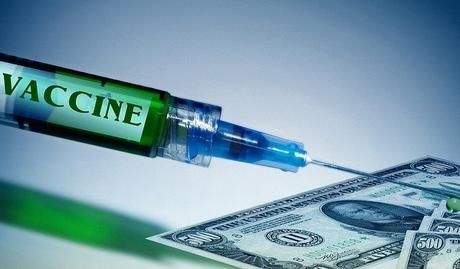
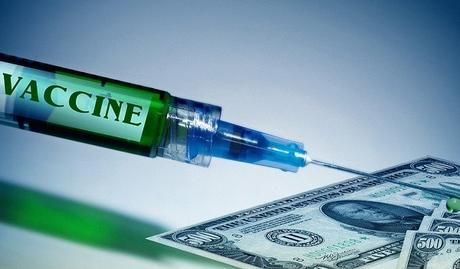
That’s still a lot of injections. Isn’t this a big scam by pharmaceutical companies?
This is a conspiracy theory from the ground up, but let me ask you this: Would you rather spend time worrying about companies making money than ensuring your child’s health? Even then, most immunization programs are mostly government-run, and essential vaccinations are free of charge.
If it’s a scam, how come we have been having such positive results after decades of vaccination? Conversely, how come we’re seeing a resurgence of deadly diseases among those who do not immunize?
Isn’t it better to get the disease and then have natural immunity? That’s stronger anyway.
This is okay if you consider an illness like chickenpox, that isn’t fatal. Unfortunately, diseases like measles are life-threatening and if your child does catch the disease, they could suffer from major issues and even death. The WHO states that vaccinations helped decrease measles-related deaths by 80% from 2000 to 2017.
We’ve come a long way in better hygiene and sanitation. That’s why those old diseases are dead, not because of vaccines.
If that were true, we wouldn’t be seeing a re-occurrence of illnesses like measles and diphtheria in developed countries like the United States, which have adequate sanitation facilities.


Why do we still need to immunize against things like measles? Aren’t those diseases gone?
No. Even if certain diseases have decreased considerably, that is only because of an aggressive immunization program, and stopping that will only bring it back. Take the example of measles. It was declared as eradicated from the United States in 2002. But because people got complacent and ignored vaccinations, it made a comeback in 2014, infecting over 600 people.
Don’t tell me that vaccines prevent the illness. I’ve heard of vaccinated people still getting the disease.
I will tell you that vaccines prevent illness – to a large extent. In some cases, people may still catch the disease but even when that happens, it’s often mild and not at all deadly – which would not be the case if he or she were unvaccinated.
Please remember that when your child’s health and life is at stake, you need to be properly informed, from the right sources. Please do not go by Whatsapp forwards or videos by unverified sources or self-proclaimed experts. Carefully look at the source of your information and if you can’t seem to trace the source, leave it – it’s most likely fake.
I’ve covered many common misconceptions here but I’m sure there are more. If you’ve still got unanswered questions, feel free to shoot me an email. I’d be happy to help clear your doubts!
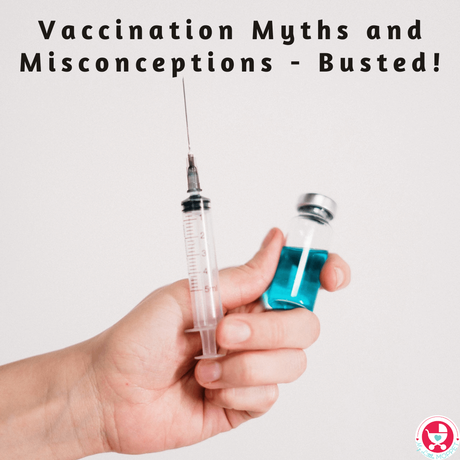
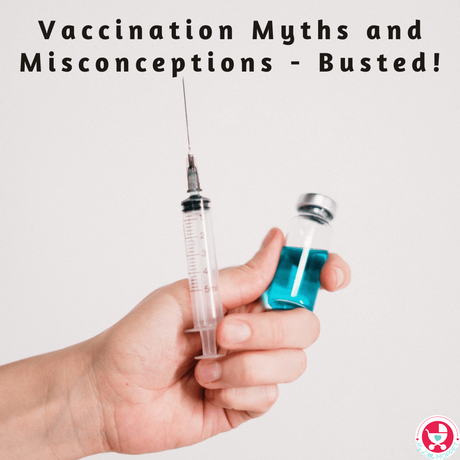
References:
World Health Organization (WHO)
Centers for Disease Control and Prevention
Journal of American Academy of Physician Assistants (JAAPA)
American Academy of Allergy Asthma & Immunology
National Health Portal, Government of India
TweetPinShareWhatsAppEmailFiled Under: Health, Parenting, Vaccination Tagged With: health, immunization, Is Vaccination needed?, Reasons to vaccinate a child, vaccination, Vaccination is compulsory, Why vaccination?, Why we need to vaccinate a child?, will rotavirus vaccination cause autism
